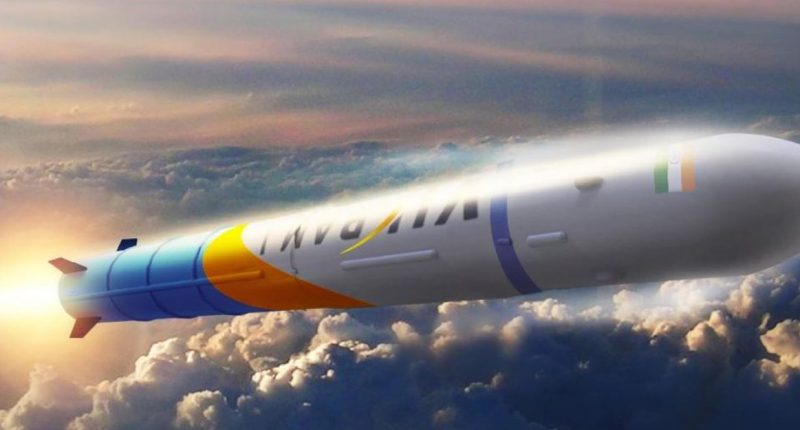India has made some tremendous strides in the space industry in the past decade or so, making it among one of the major space faring powers globally. And most of that progress has come at a fraction of a cost of what the NASA or JAXA or ROSCOSMOS spend. However, all of that has been achieved primarily through government-funded ISRO.
With its back to back successes in space, India has realised the immense potential — both strategically and financially — that the space sector has. As a result, the country announced opening up of its space sector to private players, and seems like we have already started seeing some credible candidates.
One such space startup — a rarity in India’s otherwise consumer internet focused startup ecosystem — is Hyderabad based Skyroot Aerospace. And the company has a major milestone to announce today. Skyroot says, that it has successfully completed the test of its upper stage rocket engine-Raman, a first for any private space player in India.
The company takes inspiration from the founder of the India’s Space Program-Vikram Sarabhai, and plans to develop a line of launch vehicles under his name, dubbed the “Vikram Series“. These vehicles, being built specifically for the needs of the small satellite market, will be built on common architecture and cover a wide range of payloads. Skyroot argues that the Vikram vehicles will offer “the most affordable and on demand ride to space.”
Today, the company managed to complete the test of Vikram 1’s upper stage Engine-Raman (inspired from the great Indian nobel laureate CV Raman). The engine was test fired for approximately 47 seconds. This engine, according to the company, has fewer moving parts and thus, weighs way less than other engines which carry similar payloads. This is achieved by employing 3D printers for the manufacturing process, which not only brings the overall mass down by 50%, but also reduces the total number of components and lead time by 80%, founder of the company- Pawan Kumar Chandana notes.
No better day than Dr. Vikram Sarabhai’s birthday to announce our successful test firing of our Vikram-1 Launch vehicle’s upper stage Engine-Raman.
Four Raman engines with multi-start capability produce a thrust of 3.4kN and inserts multiple satellites into orbit. pic.twitter.com/uF9ETTBSTc
— Skyroot Aerospace (@SkyrootA) August 12, 2020
However, in today’s age, simply having a rocket is just not enough. You have to have a ‘special’ rocket to get special attention, much like SpaceX’s Falcon 9. Well, Skyroot isn’t one to shy away from a challenge, and says that its Raman engine is capable of multiple restarts. With this technology, the company can launch multiple satellites in different orbits in a single mission, thus signficantly bringing down the cost of operations.

All in all, the company’s Vikram line of vehicles, which has already helped it raise Rs. 31.5 crores in external capital, has the potential to begin a new era in India’s space exploration. Using the Vikram I (Payload: 225 kg to 500 km SSPO, 315 kg to 45º inclination 500 km LEO), Vikram II (Payload: 410 kg to 500 km SSPO, 520 kg to 45º inclination 500 km LEO), and Vikram III (Payload: 580 kg to 500 km SSPO, 720 kg to 45º inclination 500 km LEO), Skyroot has emerged as one of the front-runners in India’s nascent but evolving private space sector.
Watch the engine test here:





